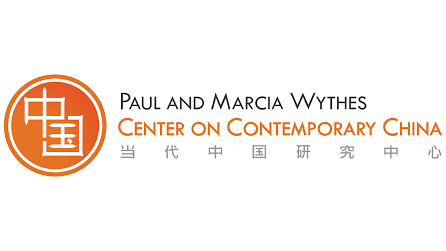Wythes Center on Contemporary China
Institute for International and Regional Studies, Université de Princeton

Since 1978, China has been undergoing a social transformation of which the scope, rapidity and impact are unprecedented in human history; all aspects of Chinese society are changing fundamentally and forever. Major social changes are occurring at a very rapid pace and it is a historic opportunity for those in the social sciences to document the large social changes now taking place in China. Given China’s history and current place in the world, the study of contemporary China has never been more important.
The mission of the Paul and Marcia Wythes Center on Contemporary China is to advance the study of contemporary China at Princeton University and to provide substantive analysis from social science perspectives of the dramatic sociological shifts taking place in China today. Some of the most prominent examples include features of Chinese society, such as work organizations, the education system, the urban/rural divide, migration, social inequality, marriage and family, ethnicity and religion. Other examples include China’s fast economic growth, its nascent democratization efforts, and technological advances. The emphasis is on understanding social phenomena in China within its historical, cultural, political and economic context. Such study will not only help us understand China, but also other societies elsewhere, including developing and developed countries.
Recognizing the importance of China’s place in the world, the Center’s main goal is to help bring together and welcome those whose work focuses on issues that affect China today. The intent of the Center is to give an institutional home for such interdisciplinary collaboration and to bring together faculty and students whose research and work converge.
Our activities include a lecture series, graduate student workshops, and an annual PIIRS Global Seminar that will be held in China for the benefit of undergraduate students. Our faculty and students include members from Sociology, East Asian Studies, Economics, Anthropology, Politics, Religion, and the Woodrow Wilson School. The Center also hosts visiting scholars, postdoctoral research associates and other experts on contemporary China.